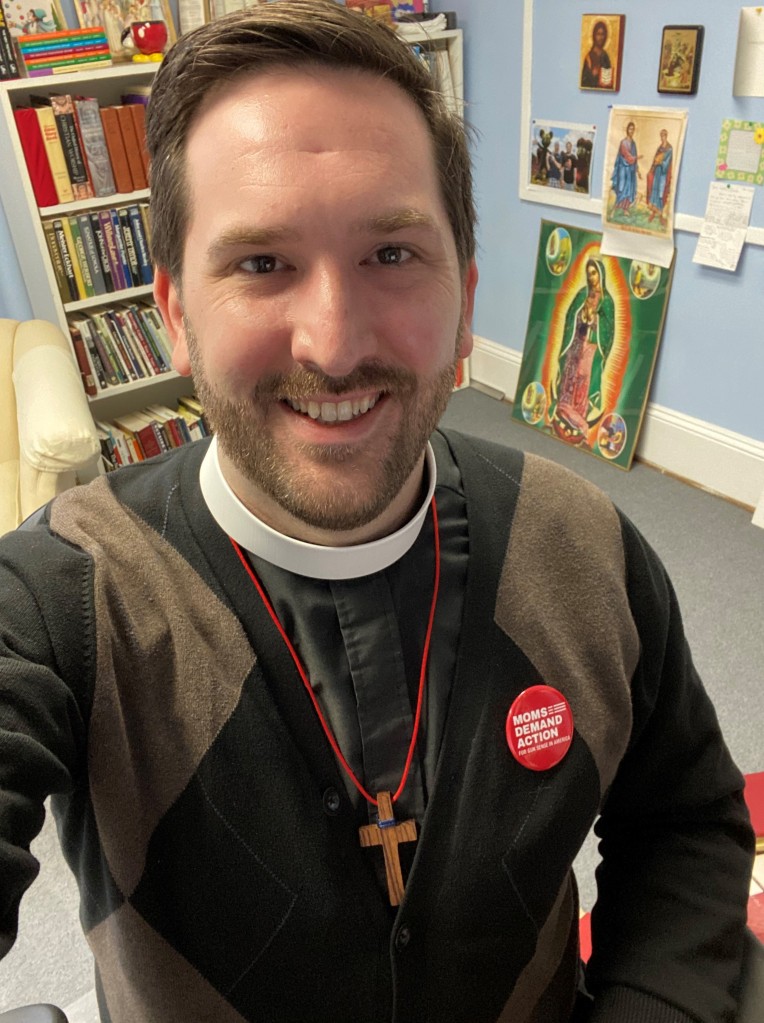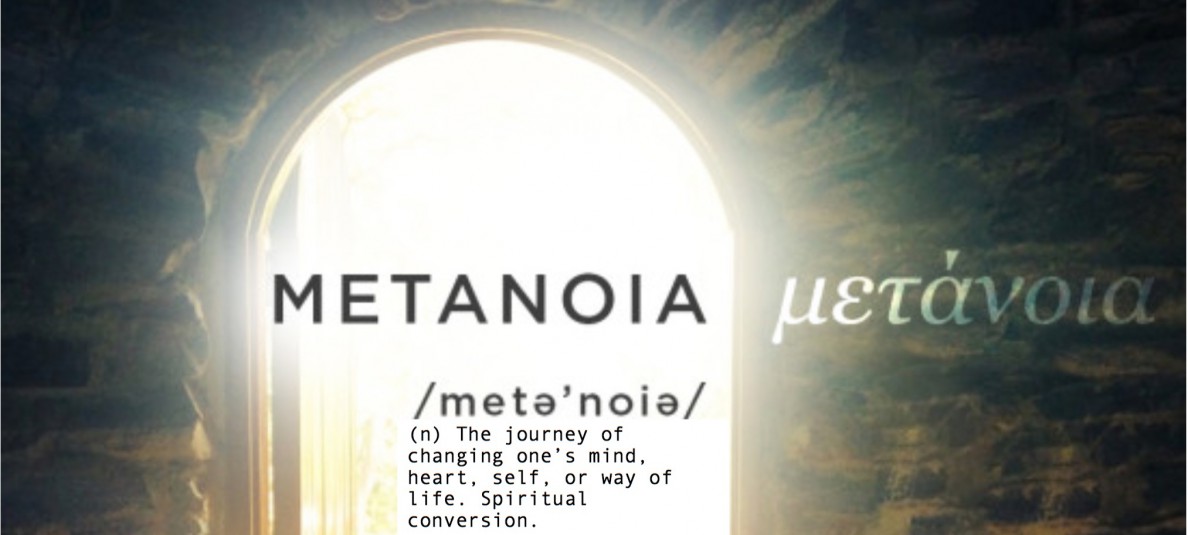Click Here for the Lectionary Texts
By: The Rev. Charles Lane Cowen
For all you liturgy nerds out there, you may have noticed that Year B of the lectionary begins on Advent 1 with Mark 13:24–37 and concludes today (ok, we still have Christ the King Sunday next week, but ignore that for a minute) with Mark 13: 1–8. We begin the liturgical year with the end of Mark’s Little Apocalypse, and we end the year with the beginning of the Little Apocalypse. Perhaps this is just a fluke of the calendar, but I like to think that the editors of the lectionary intentionally decided to keep the cyclical motion of the years moving forward. We begin the year with a promise that no matter how bad things get, Christ still comes into the world, and we end the year with that same promise.
One of my favorite activities to do with adults and youth alike is teaching about apocalypse. When asked to draw an apocalypse or list words that come to mind, I frequently get hoards of zombies roaming nuclear waste-filled roads or ragtag teams of survivors dodging asteroids and alien invaders. Death, destruction, bleakness, and survival of the fittest reign in our post-modern apocalyptic imagination.
In Advent of 2020, I offered an adult education class on Advent and Apocalypse called Have Yourself an Apocalyptic Christmas. Predictably, and with much glee from this millennial priest who loves shaking up the norms, people were horrified by the title. That was the point. Why, when the world is decked out with Santa Claus and angels and presents and bows, do we read the apocalyptic literature of Isaiah and Mark?
At that time, we were in the depths of the COVID-19 pandemic, and I, perhaps naively, was holding on to the hope that the pandemic might ease up, if not for Christmas, then for Easter. The end of the world seemed tangible. Of course, the pandemic has not yet eased up, but we’re learning new ways of being church and new ways of following Jesus. The fear and tribulations are real. So are the hopes of days to come.
So, why all this talk of apocalypse then and now? Biblical scholar Michael Gorman explains it this way:
“Scholars debate the origins of apocalyptic theology and literature, but its basic function seems fairly clear: to sustain the people of God, especially in times of crisis, particularly evil and oppression. Apocalyptic literature both expresses and creates hope by offering scathing critique of the oppressors, passionate exhortations to defiance (and sometimes even preparation for confrontation), and unfailing confidence in God’s ultimate defeat of the present evil.”[1]
While a message of impending zombies, aliens, nuclear fallout, and catastrophe does not inspire much hope in the world, when we read the biblical apocalyptic stories imaginatively against the many disasters and oppressive regimes of our own day, we see that the hope of God through Jesus sustains us.
While I see many holding on to this hope, I also see growing division and feuds over whom to trust. Jesus warns his disciples, “beware that no one leads you astray” and further warns them that others will come to speak falsehoods in his name (Mk 13:5–6). How do we dig through the barrage of fearmongering and falsehoods to get to the liberating truth of God’s love? Do we get a vaccine? Which vaccine do we get? Do we mandate masks or ban them? Do we go out with friends, hole up in our homes, or try to find some balance between the two?
One way the church has tried to discern these hard questions is through turning to our practice of listening to the Holy Spirit through worshipping communities where Word and Sacrament reveal the holy in our lives. Put another way, keep on coming to church—in person or online! Keep reading the Bible! Pray! With others! The revelation of the Holy Spirit rarely comes through one individual, but through intentional discernment in community steeped in the love of God.
Jesus also gives us another clue as to where to find the hope of truth. Jesus does not simply say, “there, there. It’ll be alright.” Instead, he acknowledges the suffering and pain in the world and likens it to “the beginning of the birth pangs” (Mk 13:8). In other words, the ways of God are the ways of life, and we do not discount the pain in the world. While the Christian life is always a life of hope, we do a disservice to ourselves and to others when we blindly turn to a Pollyanna optimism that diminishes suffering. We acknowledge the suffering, we lament with those in pain, we do our best to support one another, and we rest in the knowledge that new life is coming in God’s time.
As I’m writing this essay, our church is still trying to figure out how to engage the upcoming program year. How will we do Sunday School when many of our families do not feel safe attending anything in person, and other families are unable to connect with Zoom and other digital platforms? What have we learned from the past year and a half that will sustain us through the uncertainty of storms, pandemic, warfare, and the effects of sin? How will we stand firm in a faith that teaches us that even in the midst of this suffering, God does not abandon us? How will we proclaim the mystery of our faith that Christ has died, Christ has risen, and Christ will come again?
These are questions with which I imagine every church is grappling. In only a few weeks, we will have our Christmas pageants, and they most likely will look different from last year’s, which looked different from previous years. Even so, last year, Christmas came. It will come again this year, and not just because the Hallmark Channel has been insisting since October.
Mark’s Gospel teaches us to prepare for the battle against sin and to do so in the hope and knowledge that God will prevail.
[1] Gorman, Michael J.. Reading Revelation Responsibly: Uncivil Worship and Witness: Following the Lamb into the New Creation, Kindle Edition. Eugene, Oregon: Cascade Books, 2011. Kindle Locations 505-508.

